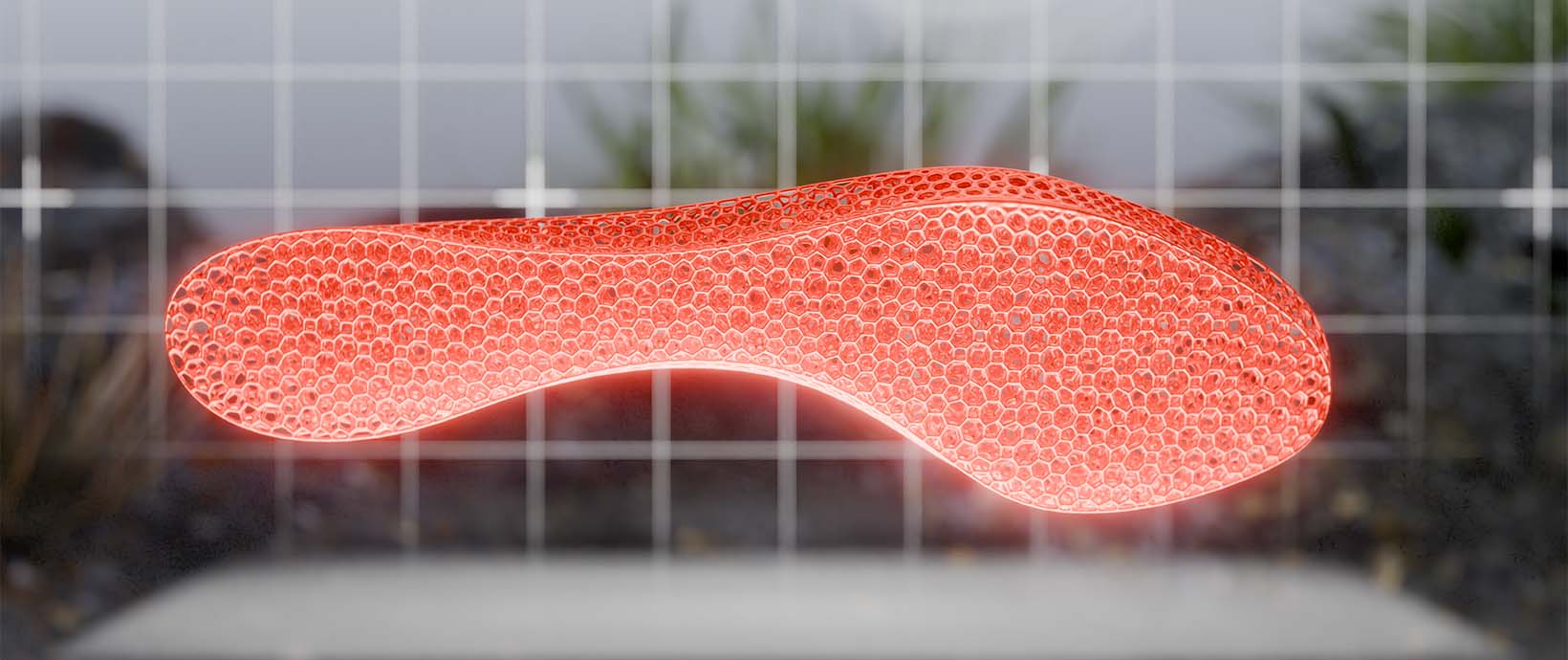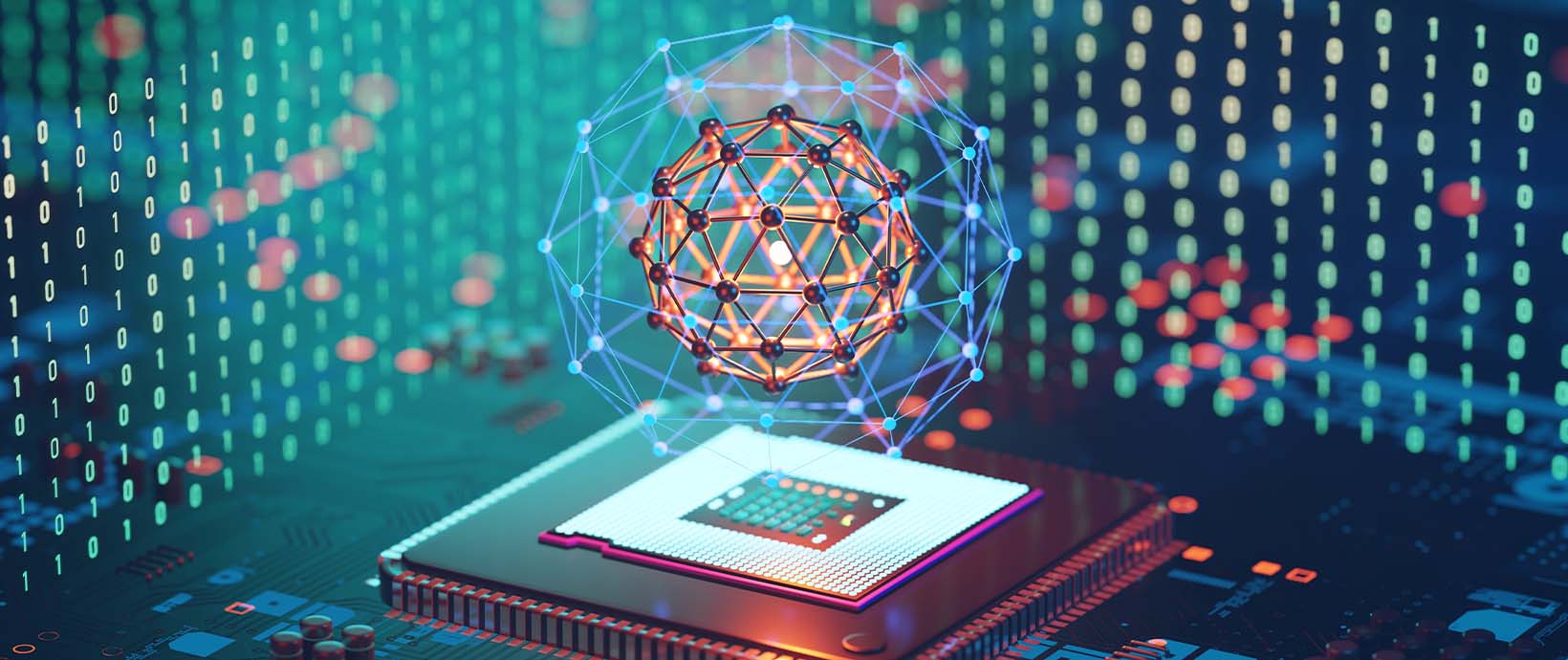Future Says S5E12 Recap: How Next-Gen Technology is Impacting Life Sciences
In the wake of the COVID-19 pandemic, everyone’s aware of how the ways we live and work have changed. Wipro’s Gaurica Chacko, vice president of global life sciences, has had a front row seat to it all. As she discusses in the latest episode of Future Says season five, the role of cutting-edge technology like machine learning, artificial intelligence (AI), data analytics, and high-performance computing (HPC) has changed the global healthcare and life sciences industry in lasting, impactful ways.
Expanding the Horizons
Technology has always been a driving force in healthcare, starting from the creation of medicine as we know it and continuing today. However, starting in the 20th and 21st centuries, healthcare began looking much different than it did for most of human history. With the rise of insurance companies and other intermediary institutions and stakeholders, the proverbial distance between healthcare (as an industry) and its patients grew. This balance seemed stable – until COVID-19 and advanced technology upended it all in a matter of years.
Until the pandemic, Chacko says, AI in life sciences was ahead of the game but primarily used for research. “Within the life sciences industry we’ve been using AI for over a decade,” she says. “However, it’s been in pockets.” What the pandemic did was thrust AI to the forefront of patient care to smoothen the healthcare experience for both patients and healthcare providers. This effectively created a new, more direct connection between healthcare providers and patients, once again shrinking the distance between the two groups. “Digital transformation took on a life of its own. Instead of companies using technologies in silos, they were looking at it enterprise-wide,” she says. “Once companies got comfortable using technology at that enterprise level, there was no going back.”
This increased emphasis on data, AI, and automation was a massive change for the industry and opened new possibilities for standards and speed of care. It also created avenues for increased personalization that could help foster better patient outcomes. “This [direct connection] is where life sciences companies can get more precise in how they’re interacting with their patient community through AI,” Chacko says. “AI and the power of data allows us to know that what might work for you will not work for me.”
More Technology Demands More Trust
Though Chacko says technology has the potential to combat inequities in global healthcare, she stresses the need to continue building trust with people. After all, technology isn’t always an automatic benefit – the keys to success or failure lie in how it’s used. And historically, advances in medical technology have sometimes come at the expense of trust. Chacko believes that the “social fabric” in which technology resides and operates is just as important as what technology can do for patients and their providers. “Life is short – you need to be purpose-driven. Technology can play a great role [in people’s lives], but technology can’t do it alone,” she says. “You need to have that clarity of vision.”
Chacko says that cultivating trust is especially important in nations and regions where healthcare infrastructure is still not digitized, reliant on traditional methods like paper forms and filing cabinets. Chacko says that her team found that even small logistical problems – like patients that move frequently without having their medical records transfer with them – can place considerable burdens on patients and their families that can worsen healthcare outcomes in the long run. To implement responsible digitalized systems around the world, collaboration will be key. “You [must] ensure that governments, governing bodies, companies, hospitals, and nonprofits are coming together. And you must ensure that data can be shared – which I would say is our biggest challenge right now,” she says.
Luckily, Chacko uses a simple principle to guide her work, one that hasn’t let her down yet. “If you give good, you get good back.” She believes next-gen technology and the people using it can create a better world in which healthcare is more diverse and more equitable if we have the fortitude and foresight to use technology for good – it’s just a matter of commitment.
Click here to listen to the full episode with Wipro’s Gaurica Chacko. To check out the rest of Future Says season five, visit https://altair.com/future-says. And be sure to subscribe to Future Says on Spotify, Apple Podcasts, Amazon Music/Audible, YouTube Music, and Podcast Addict.




